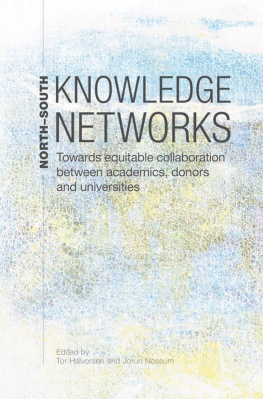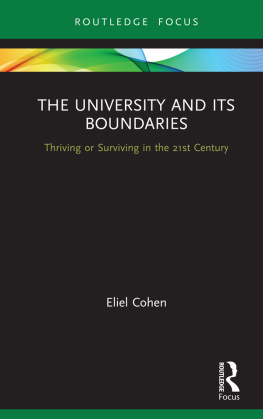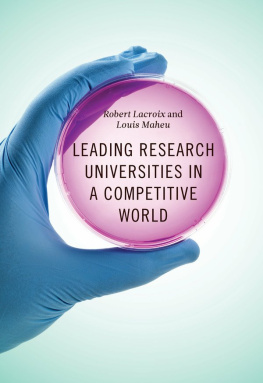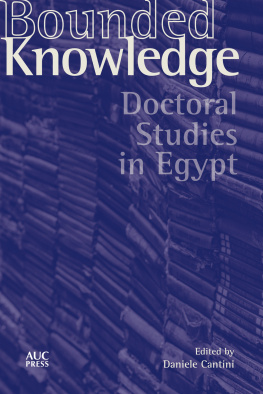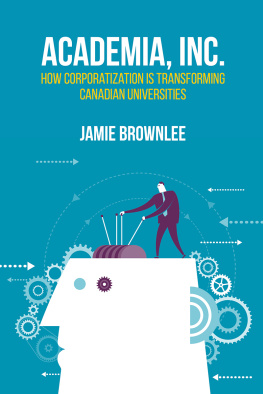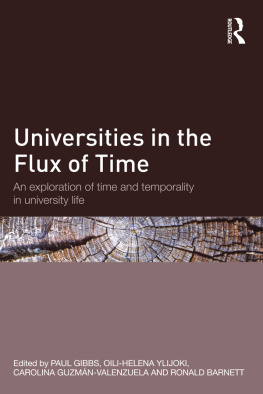
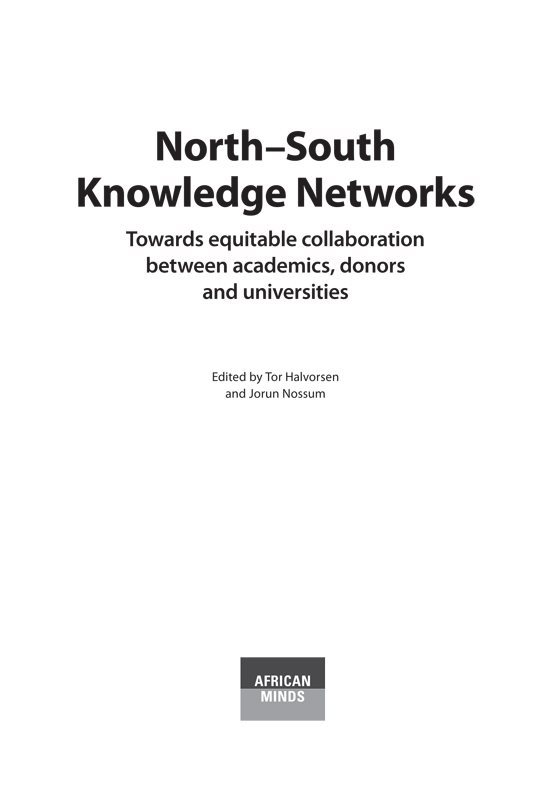
Published in 2016 by
African Minds
4 Eccleston Place, Somerset West, 7130, Cape Town, South Africa
www.africanminds.org.za
and
UIB Global
PO Box 7800
5020 Bergen
http://www.uib.no/en/research/global
(CC) 2016
All contents of this document, unless specified otherwise, are licensed under a Creative Commons Attribution 4.0 International License.

The views expressed in this publication are those of the authors. When quoting from any of the chapters, readers are requested to acknowledge the relevant author.
ISBNs
978-1-928331-30-8 PRINT
978-1-928331-31-5 e-Book
978-1-928331-32-2 e-Pub
Copies of this book are available for free download at
www.africanminds.org.za and http://www.uib.no/en/research/global
ORDERS
For orders from Africa:
African Minds
Email:
For orders from outside Africa:
African Books Collective
PO Box 721, Oxford OX1 9EN, UK
Email:

Tor Halvorsen and Jorun Nossum
This book emerged out of a workshop held at the University of Bergen in June 2015 with participants from a number of the projects within the Norwegian Higher Education and Development (NORHED) programme. A number of other academics who are interested in how development aid can promote higher education and research have also contributed to the book.
The topic of academic collaboration between South and North is not new. However, during the workshop it became clear that, as the academic world becomes more and more marked by competition, it is time to rethink academic collaboration, in relation to what space it can claim in programmes such as NORHEDs.
In our call for papers to be presented at the workshop, we indicated that the NORHED programme builds on ideas about true knowledge societies being based on the notion of gift societies that can operate at national and international (or post-national) level.
To quote our call for papers, we hoped to bring together academics who
choose to collaborate across borders and boundaries in the interests of improving knowledge as we wish and think best. We use publications from wherever we can get them, and publish what we know openly. We stand on one anothers shoulders, and we all contribute. The well-known regulars on curriculums all over the world are so because they build on the undercurrent of researchers. Lesser-known researchers appear in the often very long lists of references of articles or books. Thus, the academic community is like a gift-society, where we constantly exchange bits and pieces of knowledge, or create networks for a more systematic structuring of these gift-relations for the benefit of all.
Our call for papers however also noted that
this gift-society is however easily distorted. It is influenced by competitive forces from the outside and misplaced social ambitions on the inside. These undermine and transform the gift-relations on which academic knowledge-production depends. Today, this can be observed in the ways universities are being transformed for competition. Knowledge resources increasingly become tools for promoting this competition. The academic honour that was earlier driving the exchanges of knowledge (gifts), and which constitute a raison dtre for all academic work, is transformed into organisational resources for promotion of ones own position. What determines this position is reputation gained from external evaluations, external rating, systems of ranking, and all kinds of citation and other measurable quantities of production. Rankings seem to be more discussed by professors than their latest books. Resources are spent on the so-called best, who are isolated in centres of excellence where they are unable to live up to their gift commitments. This takes an extra toll on the next-best, to the degree that they may vanish: the pool of knowledge diminishes. In such a scenario, universities develop strategies to enhance reputation, important in external evaluations, which give access to resources. Within these strategies, collaboration with universities that may improve ones perceived standing in society becomes important. Collaboration must be justified as a tool for better positioning oneself in competition for resources. Such strategic choices contradict the gifts exchanged between academics in open public space.
Many of these thoughts are elaborated on in the first chapter by Gran Hydn, in which he develops a taxonomy of types of academic collaboration. Hydn shows that this is a complex world, with many competing models. Hydn also offers a number of suggestions as to how such programmes should work today, and explains why he favours the re-in-statement of gift-society types of exchange, arguing that higher education and research in low-income countries needs continued support but on terms that are different from the standard approaches adopted by the OECD donor cartel in the past (this volume: p.30).
In , the focus shifts to South Africas Square Kilometre Array (SKA), a bilateral astronomy project. John Higgins shows how government officials justified this huge and costly project, not in terms of the opportunities it provides to extend and enlarge academic knowledge worldwide, but with reference to the practical spin-offs and benefits that can be capitalised on in the competitive academic world. Thus, the proper links between theory and the empirical world, which should underpin such huge projects, have been lost. Higgins explains why current higher education policy is limiting and damaging, both in South Africa, and across the world, and why the relationship between curiosity and innovation must be reaffirmed and encouraged.
In , Eren Zink shows how social identities and job prospects strongly influence how Ugandan PhD students navigate international academic landscapes. Having studied how a variety of programmes move people around as they seek to gain their PhDs, he shows how so-called sandwich programmes enable PhD candidates to maintain their status at home, while gaining exposure to international research institutions and networks.
In , ABK Kasozi discusses the scarcity of research in Ugandan universities, the role of donors in setting research agendas, and the danger that this represents to the integrity of academics and universities. Acknowledging that funding is crucial, Kasozi argues that donor programmes should be directed towards the building of solid partnerships between academics at the micro level, thus strengthening both disciplines and faculties. In many ways, Kasozi supports the ideas behind the NORHED programme, insisting that when knowledge develops within relations of mutual exchange, both parties are better able to understand one another and are then more likely to find ways to work around the problems generated by globalisation to their mutual benefit.
In , Mahmood Mamdani, based on his experience at Makerere University and of numerous donor programmes, invites discussion about the role of the state in governing public universities. He is critical of how the Ugandan government legitimises its tight rein on the university, controlling its leadership structure yet failing to fund or manage the institution adequately. Pointing out what donor money and international collaboration
Next page
